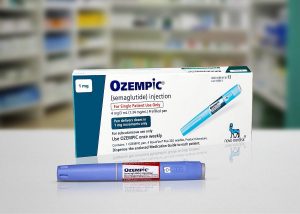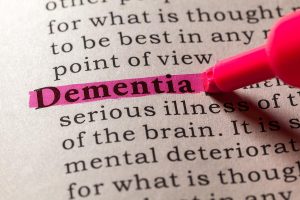
Popular GLP-1 medications for weight loss and diabetes may have unexpected benefits for reducing risks for conditions such as substance abuse, psychosis, infections and even dementia. But these drugs also come with risks that shouldn’t be overlooked, researchers warn in a study published Jan. 20 in the journal Nature Medicine. The study is among the first to take a comprehensive look at how these meds — Ozempic, Wegovy, Mounjaro and Zepbound — affect overall health. Researchers reviewed data from nearly 2 million people treated by the Veterans Health Administration, including more than 216,000 patients prescribed GLP-1 medications. The study found that people taking GLP-1 medications had a 24% lower risk of developing liver failure and a 22% reduced risk of cardiac arrest compared to those on other diabetes treatments. In all, researchers found that people taking GLP-1 medications had lower risks for 42 health outcomes, including liver failure, lung failure, cardiac arrest, aspiration pneumonia and shock. These medications have also been associated with a potential impact on obesity rates, which declined in the U.S. for the first time in more than a decade in 2023, CNN reported. However, the drugs weren’t without drawbacks. People taking GLP-1 medications had higher risks for 19 health outcomes, mostly involving digestive issues such as heartburn, nausea, vomiting, stomach pain and gastroparesis (stomach paralysis). They were also more likely to… read on > read on >





















-300x200.jpg)







-300x169.jpg)








